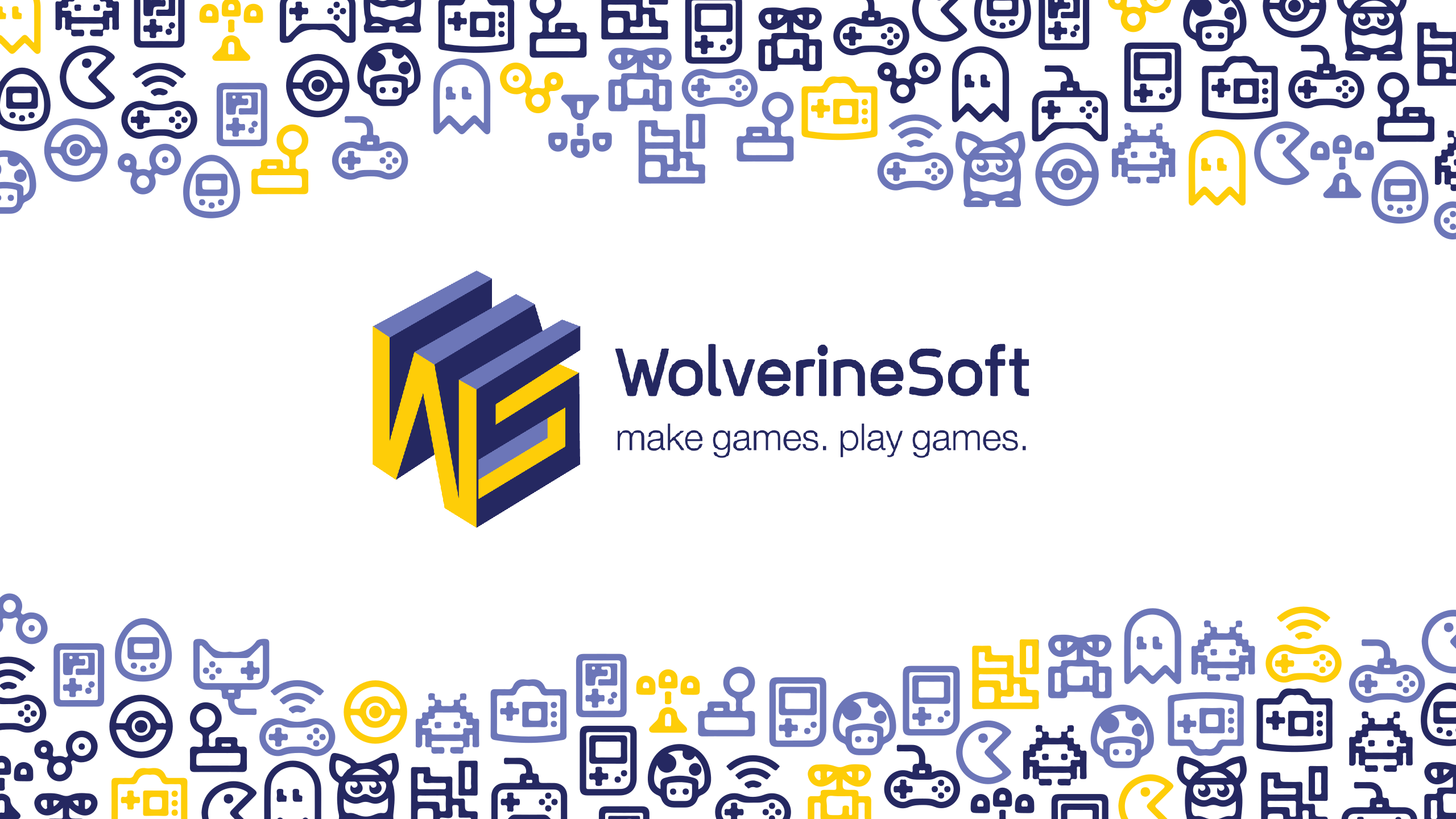Project Drift
Nikhil Ghosh – College of Engineering
Collaborators: Jacob Robinson – LSA; Cameron Brown – School of Information
Games are, inherently, interdisciplinary. The best games out there are not known for only one of their technical implementation, aesthetic, ormusic score, but an amalgamation of all those things and more. The WolverineSoft Studio is well structured to take advantage of this. Wehave developed interdisciplinary processes through years of iteration, and they have kept our projects running smoothly.Art has a largepresence in the final product. At the beginning, Art takes ownership over the theme (the game’s setting, player character, and enemies).Once art determines the theme, they work together with programmers, designers, and musicians to make sure that their art assets areaesthetically pleasing, but also compatible with the game engine and fits with the overall narrative (a collaborative effort between art, design,and audio). Their high quality final art gives our project a unique sense of polish, enabling our members to use the game as an impressiveportfolio piece. Once membership has been determined, each department has a series of onboarding activities curated to get them familiarwith a large, multidisciplinary team. We then launch into the first of three development cycles, each one about three weeks. Each cycleinvolves building and iterating on the content in our game. Finally, we have a polish period, where students get to iterate on their assets. Ourproject ends officially when we submit to the EECS 494 + EMU Student Showcase at the end of the semester. However, after the project’send, we submit to different marketplaces, such as Steam and itch.io, and to other showcases, such as IGDA. The primary impact of theWolverineSoft Studio is the portfolio piece and relevant experience that the project provides. The University of Michigan has gamedevelopment courses, such as EECS 494 and EECS 498 – Extended Reality; however, they are restricted to upper level computer sciencemajors. Our project enables anyone to gain portfolio-ready experience in game development. Students use the game they create to showrecruiters their ability to work on teams, take leadership, and create a polished product. Alumni have used their experience to get hired bymany gaming and technology companies, and recruiters from the games industry come to Michigan regularly as a result of the studio.Although these projects require a lot of overhead, our leadership has the experience and commitment to manage it. All new leadership gets aset of onboarding materials, which includes a set of confluence documents guiding them on their tasks. Our leadership works with industryadvisors, who give us advice on the direction and state of the game. We constantly use feedback from our members, which include feedbackforms and discussions, to iterate on our organization. In summary, although we have much to learn, we actively work every day to makegame development a possibility for all UM students. Increased funding would allow us to pursue further resources to improve our ability tomanage the studio and provide development tools and an overall satisfying experience for our studio members!

